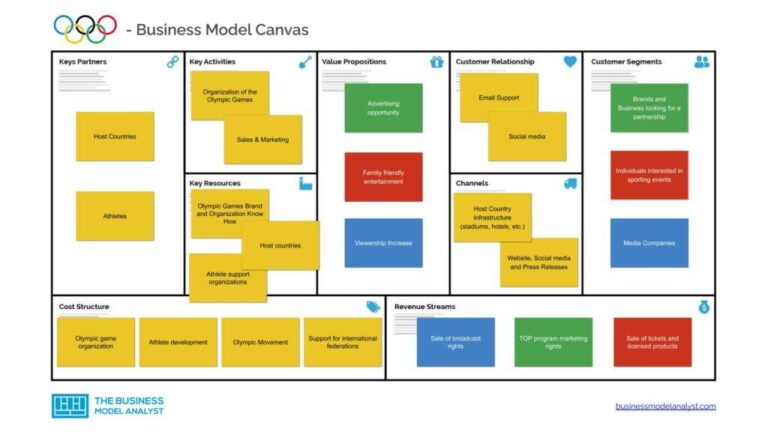A growing number of parents are expressing frustration with the current youth sports business model, according to a new exclusive poll conducted for USA Today. Critics argue that the increasing commercialization and high costs associated with organized youth sports are placing undue pressure on children, limiting access for many families, and shifting the focus away from fun and development. This surge in parental discontent highlights concerns over the sustainability and fairness of how youth sports are operated across the country.
Youth Sports Business Model Prioritizes Profit Over Player Wellbeing
The youth sports industry has evolved into a multi-billion-dollar enterprise, yet concerns about the welfare of young athletes are mounting. Parents from diverse backgrounds express frustration with an environment where revenue streams seem to dictate priorities. From expensive travel tournaments to early specialization, many argue that the financial incentives overshadow essential factors like physical health, mental wellbeing, and balanced development. Modern youth sports leagues often impose grueling schedules and high fees, leaving families feeling pressured to comply or risk exclusion.
An exclusive poll conducted nationwide reveals what most parents fear: the business-driven approach may be compromising their children’s experiences. Key grievances include:
- Excessive commercialization: Sponsorships and merchandising overshadow coaching quality.
- Burnout risks: Intense competition from an early age leads to physical injuries and emotional stress.
- Lack of transparency: Parents struggle to see where their money goes.
The data below summarizes core parental concerns about the current youth sports framework:
| Concern | Percentage of Parents Ranking It #1 |
|---|---|
| Cost of Participation | 42% |
| Physical and Mental Wellbeing | 37% |
| Overemphasis on Competition | 12% |
| Lack of Inclusivity | 9% |
Parents Voice Growing Concerns Over High Costs and Intense Pressure
Across the nation, parents are increasingly vocal about the financial strain youth sports impose on families. Skyrocketing costs for travel, specialized coaching, and equipment are forcing many to reconsider continued participation. A recent poll reveals that 68% of parents say expenses have become a major barrier, with nearly half expressing that they feel pressured to spend beyond their means just to keep their children competitive.
Beyond finances, the emotional and psychological toll concerns many caregivers. Parents report that the relentless push for excellence has led to heightened stress levels, burnout, and a loss of the game’s fun. Common grievances include:
- Year-round travel commitments interfering with family time
- Intense competition overshadowing personal development
- Lack of focus on participation and sportsmanship
| Concern | Percentage of Parents |
|---|---|
| Cost of participation | 68% |
| Pressure to perform | 55% |
| Emotional stress on kids | 47% |
| Lack of enjoyment | 42% |
Impact of Commercialization on Youth Athlete Development and Mental Health
As youth sports increasingly morph into high-stakes, profit-driven ventures, the toll on young athletes is becoming painfully clear. Parents across the nation are voicing concerns about a system that prioritizes revenue over development, leading to intense pressure, burnout, and a decline in overall well-being. The relentless pursuit of scholarships and sponsorships often strips the joy out of the game, replacing it with anxiety and unrealistic expectations. Experts warn that this shift can stunt athletic growth and negatively affect mental health, as kids are pushed to perform rather than play.
Key issues highlighted by parents and specialists include:
- Early specialization and year-round competition reducing physical and emotional resilience
- Limited access to inclusive, affordable programs due to skyrocketing fees
- Heightened risk of stress-related disorders and social isolation
- Coaches and organizations prioritizing winning records and sponsorship dollars over holistic development
| Aspect | Impact on Youth |
|---|---|
| Increased Training Hours | Elevated injury rates and fatigue |
| Pressure to Perform | Higher incidence of anxiety and depression |
| Financial Barriers | Decreased participation diversity |
| Coach Prioritization | Reduced focus on character building |
Experts Call for Transparent Practices and Community-Focused Solutions
Industry insiders emphasize the urgent need for transparency in all facets of youth sports operations—from financial dealings to coaching selections. Experts warn that without clear communication and stringent oversight, families will continue to endure unpredictable costs and inequitable access. Many advocate for publicly accessible reports and accountability measures that demystify where parents’ fees are directed, pushing organizations to focus on athlete well-being over profit margins.
Innovative solutions championed by community leaders call for localized, inclusive programs that prioritize development and enjoyment. These approaches often feature:
- Sliding scale fees based on family income
- Volunteer-driven coaching and mentorship
- Collaborative decision-making forums for parents and players
- Emphasis on mental health resources and sportsmanship education
| Proposed Change | Impact | Community Role |
|---|---|---|
| Transparent budgeting | Restores trust | Parent advisory boards |
| Subsidized participation fees | Increases access | Local fundraisers |
| Volunteer coaching programs | Builds mentorship | Experienced athletes |
To Wrap It Up
As the youth sports industry continues to expand, the growing concerns highlighted by parents underscore a critical need for reevaluation of the prevailing business model. The new poll featured in this exclusive report from USA Today reveals widespread frustration among families who feel the commercialization of children’s sports is undermining their enjoyment and accessibility. Stakeholders, from coaches and leagues to policymakers, must now confront these challenges to create a more equitable and child-centered sporting environment. The voices of parents ringing loud and clear signal that meaningful change is not only desired but necessary to preserve the true spirit of youth athletics.




